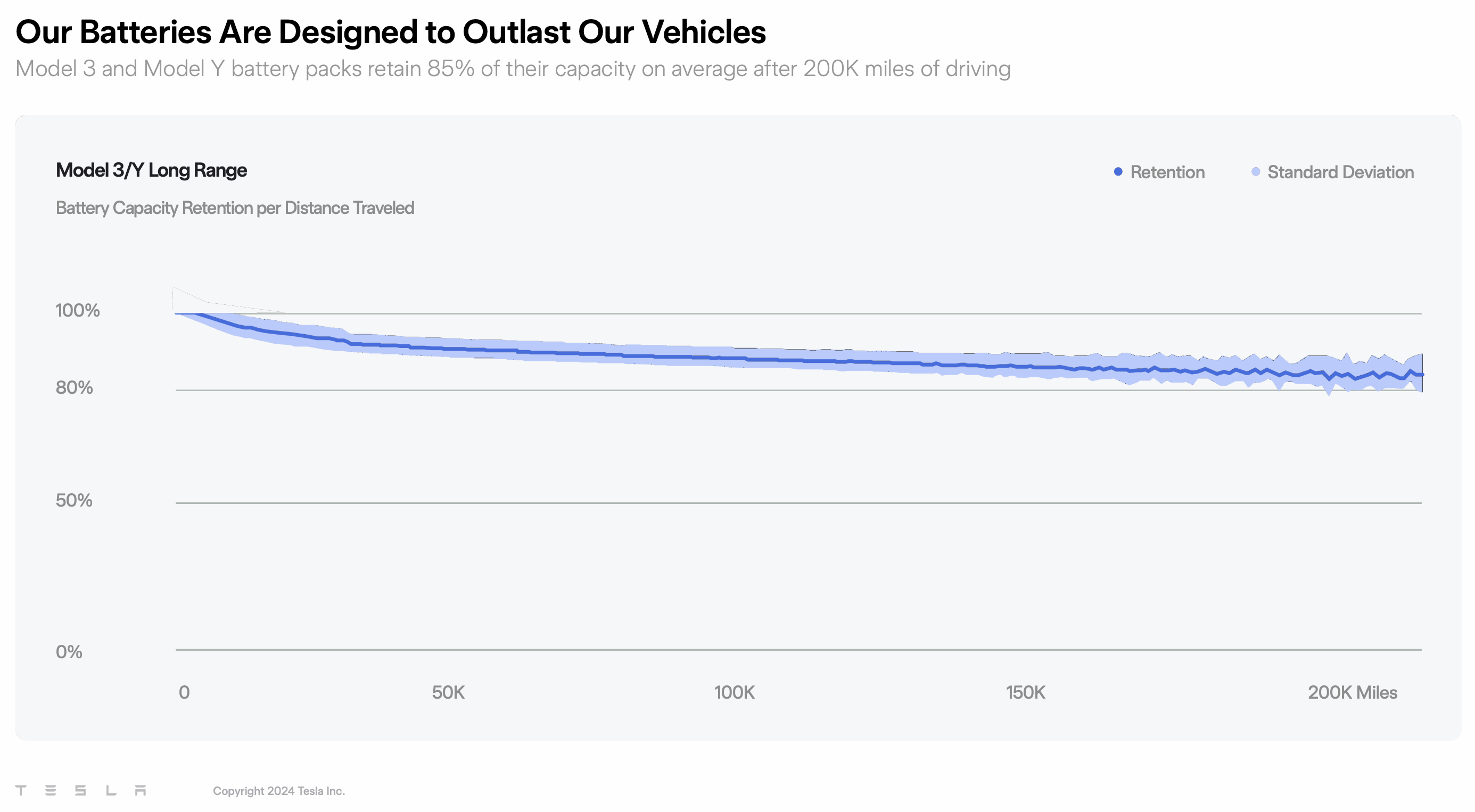That’s the implication of figures published by analysts at the Organization of Petroleum Exporting Countries and their counterparts at the International Energy Agency.
OPEC published its monthly forecast Tuesday, with the IEA following earlier today. These are the last outlooks ministers will get before they gather to discuss production policy for the rest of the year.
When comparing the two sets of estimates for oil demand, you’d be forgiven for believing the analysts were looking at completely different markets.
OPEC has consistently forecast demand growth of 2.25 million barrels a day in 2024, a figure that’s remained unchanged since the start of the year.
The IEA and the US Energy Information Administration, which updated its figures earlier this month, see consumption increasing at less than half that rate. And both trimmed their expectations for a second straight month.
Oil Demand Growth Forecasts for 2024
Oil producers see much stronger demand growth than their counterparts in consuming countries
The IEA hangs its more pessimistic outlook on “very soft 1Q24 delivery data, which came in 400,000 barrels a day below forecast” and left developed nations using less oil than in the same period last year.
Despite the weaker consumption outlook, the IEA’s current supply-demand balances put the amount that OPEC and allies need to pump at about 42 million barrels a day in the second half. That’s about 700,000 barrels a day more than they produced last month.
OPEC’s own analysts provide an even stronger case for unwinding some of the group’s output restrictions.
Their forecast says the OPEC+ group of 22 nations needs to increase output by about 1.6 million barrels a day from last month’s level if they’re going to match demand.
Some ministers may argue that oil stockpiles rose in the first quarter and need to be brought down again. But the increase is in the amount stored on tankers plying the world’s oceans, with the longer routes some ships are taking to avoid the southern Red Sea a factor.
In the end, though, any decisions taken June 1 will probably reflect the revenue needs of governments more than the forecasts of analysts in Vienna and Paris, no matter how hard ministers try to convince us otherwise.
–Julian Lee, Bloomberg News
Share This:




